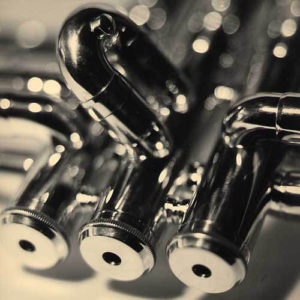An award-winning Boston choral group will perform on Saturday a concert of spirituals that were protest songs against injustice.
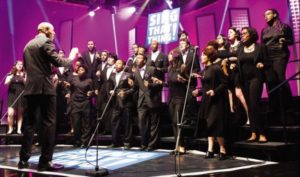
The 30-students will sing a program titled “The Caged Bird – Songs From a Distant Hill,” with a reference to Maya Angelou’s famous poem, “Caged Bird,” in homage to African Americans who lived as slaves. “The entire concert tells a story,” according to director Tyrone Sutton, who is music department co-chair at the academy. Spirituals were often covert acts of communal defiance that liberated people from the mental and physical oppression of slavery, and the show’s theme of protest songs “teaches about the coded messages behind many popular spirituals and juxtaposes it with a modern piece called ‘Seven Last Words of the Unarmed.’” more


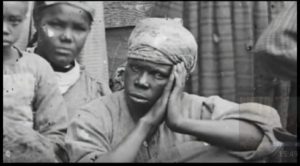

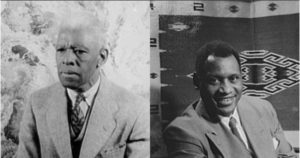
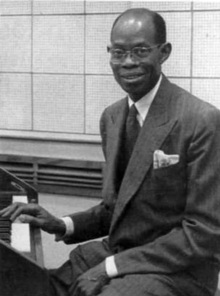
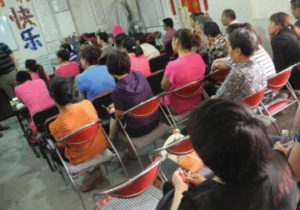 8): 11–14.
8): 11–14. Becker, William H. “The Black Tradition of Spiritual Wrestling.” Journal of Religious Thought 51, no. 2 (1994): 29–46.
Becker, William H. “The Black Tradition of Spiritual Wrestling.” Journal of Religious Thought 51, no. 2 (1994): 29–46.